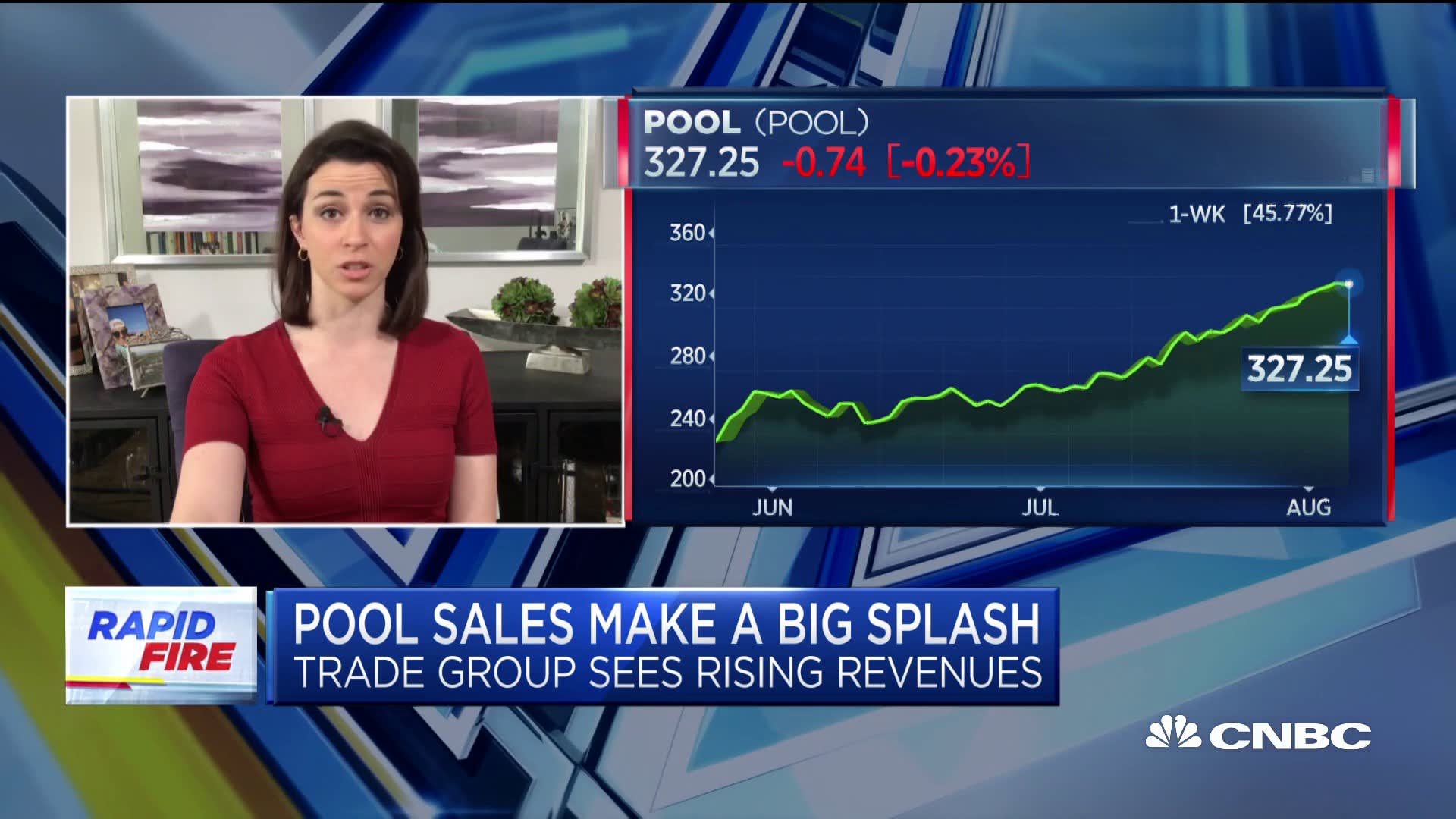Inflation and the Fed's new mandate
EDITOR'S NOTE
There's a move underway to make closing the racial wage gap one of the Federal's Reserves mandates.
A trio of Democratic Senators (Warren, Waters, and Gillibrand) this week unveiled legislation that would require the Fed to "minimiz[e] and eliminat[e] racial disparities in employment, wages, wealth, and access to affordable credit."
Currently the Fed has a Congressional mandate to promote maximum employment and stable prices. Adding a third would be no small change, and could undermine the latter. Basically, the best way to lower wage gaps is to run the economy "hot"--just look at how the unemployment rate for Blacks and Hispanics hit record lows last year at the tail end of one of the longest economic expansions on record.
In fact, running "hot" is exactly what many economists and investors have been hoping for. The bigger headwind for growth since the financial crisis has been the premature tightening of monetary policy. How many times did the Fed have to reverse course over the past several years, dropping planned rate hikes, and then even cutting rates in order to keep the expansion on track?
These days, running the economy "hot" really just means keeping it running. And there is already plenty of angst that fiscal and monetary policy will tighten too quickly again. Witness the GOP pushback in the Senate against the latest stimulus bill over deficit concerns. Investors at least want reassurance that the Fed won't be tightening too if fiscal policy does. Highlighting that wage gaps only close in the later stages of recoveries may be one way to avoid repeating those policy mistakes.
But not all cycles are created equally. What happens when the next Fed starts seeing signs of the bad kind of price pressures--the kind that cause upward inflationary spirals that destroy living standards--yet feels hamstrung to raise rates because of the adverse short-term effect on racial disparities?
The fate of this particular bill is unclear, but its objectives are shared by Joe Biden. His campaign has already said one of his goals as president would be to have the Fed report on racial employment and wage gaps, and how the Fed is countering them. This could take other forms than a third monetary policy mandate; it could affect how the Fed polices member banks on their loan practices, for instance.
Whether formally enshrined or not--and whether Biden is president or not--these racial gaps will be getting a lot more attention. (This morning's jobs report, for instance, showed that the unemployment rate for Blacks is 14.6%; for Hispanics is 12.9%; and for whites, 9.2%.) That can only mean one thing, as far as investors are concerned, from here on out: a more dovish central bank.
See you at 1 p.m!
Kelly
P.S. Click here to listen to The Exchange as a podcast.
KEY STORIES
IN CASE YOU MISSED IT
| ||||||||||||||||||||||||||||||||||||||||||||||||||||||||||||||||||||||||||||||||||||||||||||||||||||||||||||||||||||||||||||||||||||||||||||||||||||||||||||||||||||||||||||||||||||






Post a Comment